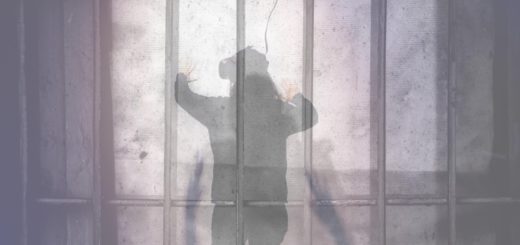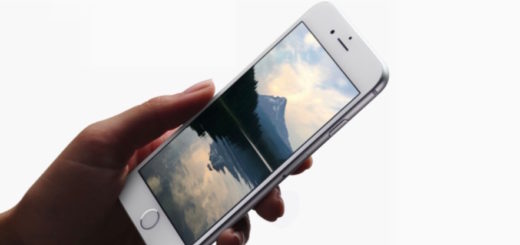How your iPhone will become your lawyer

He looks pleased…
Lawyers are expensive. One way to make them cheaper is to replace them – and iPhones (and other devices) will inevitably help you do just that. Here are three reasons I believe your iPhone will become your lawyer:
Replacing administrative tasks
Lawyers spend a lot of their time looking through legal texts sourcing arguments from case law. But these aren’t the only administrative tasks they bill you for – tasks such as land register and planning permission searches could easily be replaced by intelligent search assistants generated by your iPhone.
Scheduling, document creation and databasing and writing/assembling of documentation and case arguments are all low-hanging fruit for the work lawyers do to be automated and turned into an iPhone app.
The basic argument is that any form of process-driven task can be replaced by machines smart enough to process that information. And those machines already exist.
Automation for the rest of us
Think about legal arguments. Many of these are highly process-driven, which makes the action of identifying (and even presenting) such arguments a perfectly viable space for automation.
We know that the automation of daily life continues and we also know that thousands of jobs may eventually see humans replaced by machines.
Why would the legal profession be any different?
Any section of the legal industry that can be replaced by machines will be, and (in some cases), we will almost certainly see lawyers working with machines.
A lawyer creating his argument for a case may turn to AI for insight into nuanced details that may be hard to see to the human eye – traffic conditions at the time an alleged offence took place, weather conditions, the impact of nearby events, position of nearby CCTV cameras that may prove innocence (or guilt) and so on.
Wading through data of this kind is time-consuming – at best, lawyers may be augmented by these intelligent machines.
Soft skills matter most
Once you’ve taken much of the research and administration out of the legal profession, and augmented the capacities of exiting operators to get things done by adding complex data analytics systems to every lawyer’s desktop, the core skills of the profession change.
Soft skills, such as communication, inspiration, and the capacity to assemble and develop complex ideas will become more important to the future of the profession.
This is already happening
What I’m arguing may sound a little like pie in the sky, but with so much of the work of the legal profession reliant on tasks which could be automated, you’d expect to see signs the transition is already taking place.
So, are there such signs?
I think so.
Products like LegalZoom and Rocket Lawyer show how automated legal procedures can bring some form of legal representation closer to some people.
There are also a host of interesting services and applications that already show how iPhones can if not replace your lawyer but augment it.
Apps for that
There is already an app for that.
Zero is an iPhone app that automates time-consuming administrative tasks for lawyers.
It can automatically file emails for compliance purposes, protects against sending mail to the wrong people, captures billable time and more. The software can also be integrated with any case management system, DMS, or other software a law firm may already be using.
Zero isn’t the only illustration to show this:
- CARA (Case Analysis Research Assistant) by Casetext can analyse a brief and its associated legal documents in order to provide a list of cases that may also be relevant to the case.
- ROSS by ROSS Intelligence, Inc. This uses IBM Watson’s natural language processing tools to search through legal info, including citations, case excepts and legal briefs.
- Docubot: An online service that capture client questions to prepare a legal document that can be reviewed by an attorney.
- Docket Alarm: Winner of the Legaltech Product Innovation Judges’ Choice Award in 2019, Docket Alarm will search millions of legal documents and tracks cases.
“In addition to Docket Alarm’s search capabilities, its PTAB analytics platform saves me and my team dozens of hours of labor intensive research,” said lawyer Brad Pedersen.
There’s no signal that the move to digitally transform the legal industry has reached its zenith. If anything, it seems likely to intensify. Both PwC and Deloitte this year launched legal tech incubators to develop additional technologies for the legal market.
Up next
One of the companies Deloitte is supporting in its first tranche ably illustrates my argument that your iPhone will one day become your lawyer.
That company is called Reynen Court and it offers a swathe of apps and services to legal firms – Law.com called this “similar, in theory, to creating an App Store for legal tech.”
I can imagine this going several steps further – after all, why should you pay for fairly mundane legal processes when these can be automated and made available at lower cost to customers in the form of an app?
One day your iPhone will be your lawyer. At least some of the time.
Please follow me on Twitter, or join me in the AppleHolic’s bar & grill and Apple Discussions groups on MeWe.




